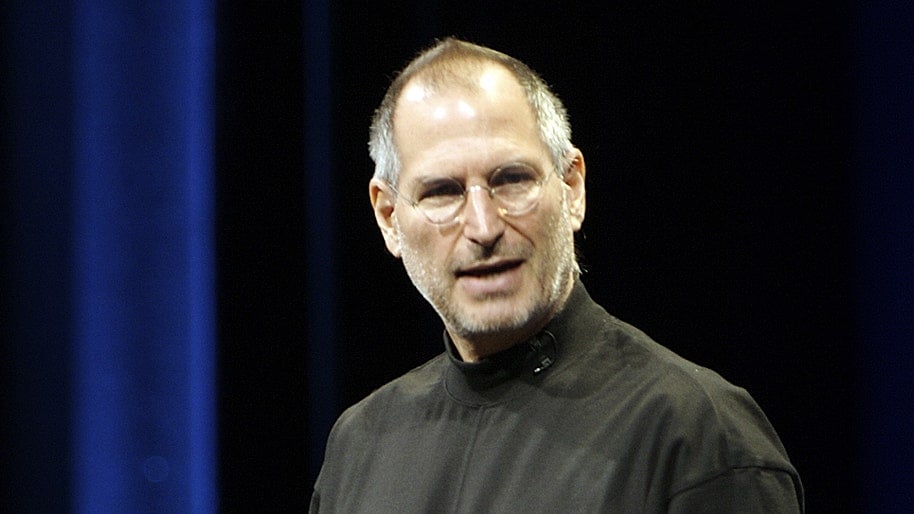• Steve Jobs faked full signal strength and swapped devices during the first iPhone demo due to fragile prototypes and bug-riddled software.
• Engineers got drunk during the presentation to calm their nerves.
• Despite the challenges, Jobs successfully completed the 90-minute demonstration without any noticeable issues.



Oh, I agree with you! And I’m sure we can have this discussion about almost any current product launch, too.
If when they ship the actual thing to the customer it’s not like they claimed then it’s fraud (or “false advertising” which is the lenient version).
Strictly for presentation ahead of time I think it’s borderline. Negative hype can kill a product that could have been good. Sure, complete honesty would be ideal, but if you say “well it sucks right now but we promise it will be ok when you buy it”, not many people would rush to order one. Many good products never made it to market because of insufficiently good perception. On the flip side, creating positive hype out of smoke and mirrors can be used to kill a competitor’s product for no good reason, so it’s not quite ok either.
Positive false hype can deceive people into wasting money.
And they shouldn’t. It’s just another way of saying “people acting rationally based on truthful information”
That should be a separate issue. It’s not the only available path, just one often taken because it’s the most forgiving of shoddy business practices, doesn’t justify its existence, either.
I think people are starting to realize the depth of corporate deception and bad-faith practices and how that affects everyone at large, and so they’re rightly tired of them and trying to reset it all back to simple, effective, and fair ethical standards.